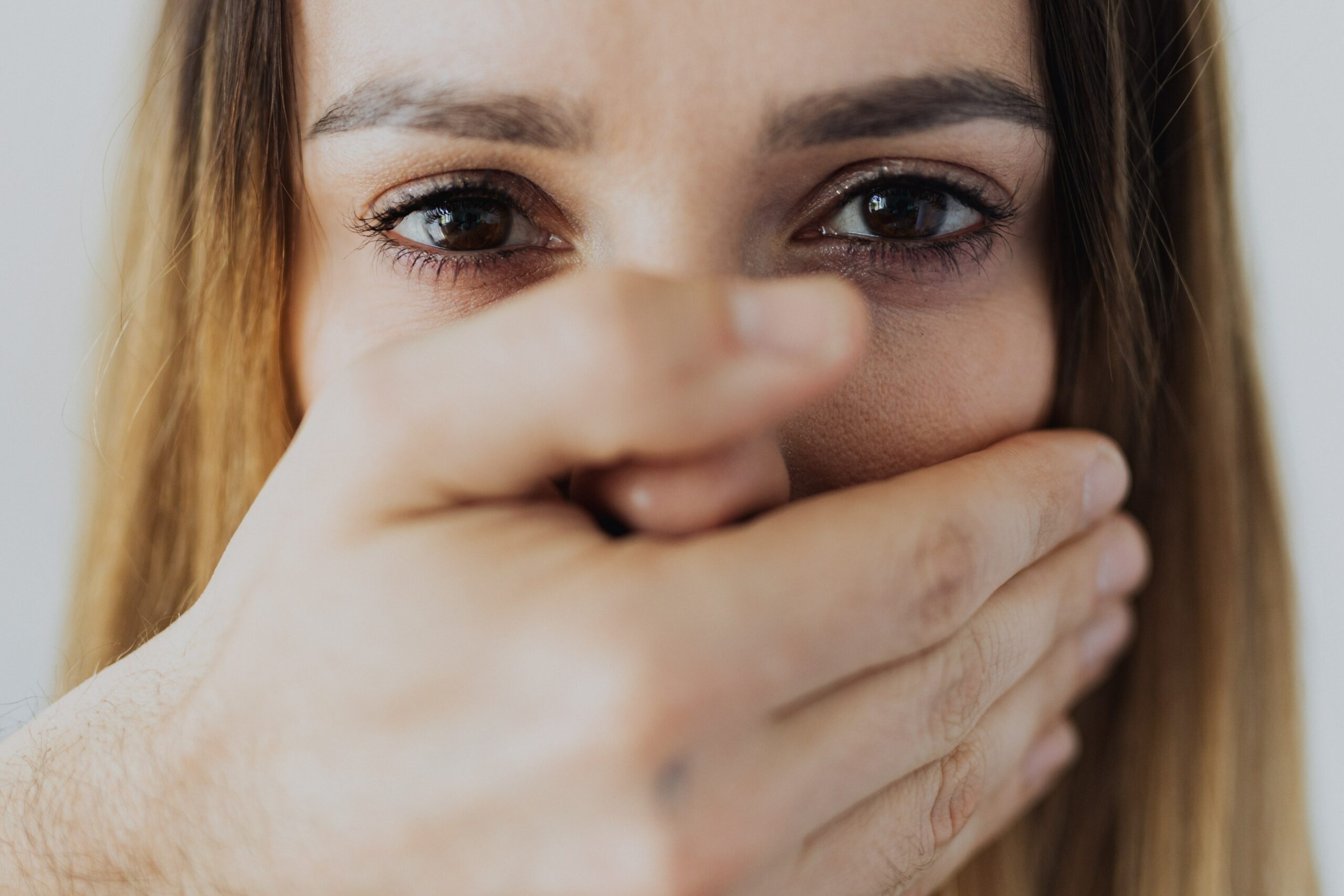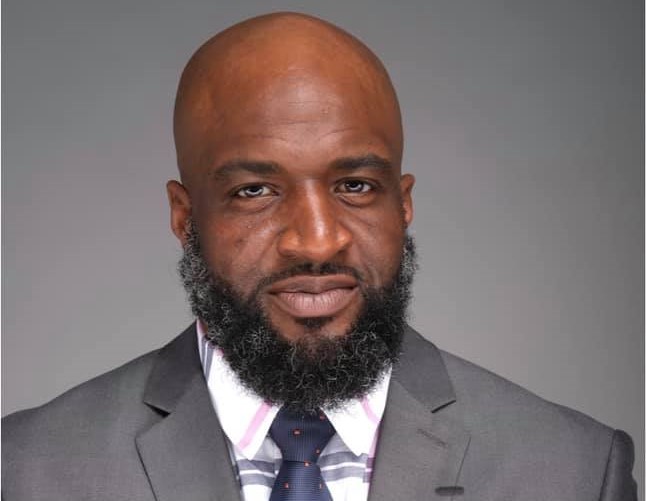
LILLEY: This Group Is A Dark-Money Front for NJEA Designed to Intimidate School Boards
April 5, 2023
Blood Pressures Rise As State Board and Murphy’s Commissioner Duke It Out Over High School Requirements
April 6, 2023Promote Mental Health By Caring for the Adolescent Athlete–and the Person
Allison E. Bond is a fourth-year clinical psychology doctoral student at Rutgers University, her research focuses on suicide prevention. Lauren E. Harnedy is a first-year clinical psychology doctoral student at Rutgers University, her research focuses on maladaptive behaviors and suicide risk Dr. Jessica L. Hamilton is an assistant professor in the Department of Psychology at Rutgers University. She is the director of The Hamilton Lab and conducts research on understanding and preventing adolescent suicide.
Today, April 6, is National Student Athlete Day, which celebrates the 520,000-plus NCAA student athletes nationwide. New Jersey is home to all three divisional sports (Division I, II and III) and hundreds of student athletes at 27 universities throughout the state. Despite their successes on and off the field, many student athletes struggle with their mental health.
Although sports can promote mental well-being, student athletes commonly experience anxiety, depression, eating disorders and suicidal thoughts and behaviors. Specifically, 28.8% of student athletes experience anxiety, and anxiety is connected with a greater chance of injury. Additionally, 21.7% of student athletes experience depression; and 62% of women and 32% of men experience disordered eating.
Perhaps the most concerning is the risk of suicide among college athletes. Student athletes experiencing thoughts of suicide are more able to act on those thoughts and attempt suicide than nonathletes due to having a higher pain tolerance and thus capability for suicide. Over the past few years, suicide deaths among college athletes have received increased media attention.
Stories such as that of Stanford University’s women’s soccer goalie Katie Meyer, who died by suicide in 2022, and others have garnered the media’s attention and resulted in increased conversations surrounding suicide among college athletes. These deaths have led to the creation of multiple foundations – such as Morgan’s Message – aimed at eliminating the stigma around mental health and promoting help-seeking.
Student-athletes have access to facilities that promote physical well-being, such as weight rooms, nutritional food stations and training rooms. These environments typically focus on the body; ensuring athletes can recover from injury and perform to the top of their abilities. Creating an environment that cares for both the athlete and the person is essential to promoting both physical and mental well-being. To do this, open conversations about mental health and sharing resources are essential.
Open Conversations
Coaches, athletic department staff and administrators can all play a role in reducing stigma around mental health by having open conversations about mental health with athletes.
Athletic trainers can ask athletes about their mental well-being when assessing injuries and providing treatment; coaches can dedicate meeting time to check-in and have conversations about mental health; and administrators can organize and host workshops on sleep, managing anxiety, mindfulness and other topics relevant to student-athlete mental well-being.
Many organizations such as the American Foundation for Suicide Prevention, the National Alliance on Mental Illness, and the National Eating Disorders Association provide tips on having conversations about suicide and mental health difficulties that may be helpful for those working with student athletes.
Connecting to Care and Sharing Resources
While those working in athletic departments play an important role in promoting environments that focus on mental well-being, they aren’t expected to (and shouldn’t) provide mental health specific treatment to student-athletes; their job is to provide a safe environment, assess needs, and refer. Everyone working with student-athletes should know the location and phone number of the student counseling center at their college or university. These centers often offer assessment, individual and group therapy for a low or no cost to students at the college or university.
Providing national and New Jersey specific hotlines and crisis lines may help equip athletes if a crisis emerges. The National Suicide Prevention Lifeline, and the New Jersey Mental Health Resource Line are a few resources that can offer support and provide referrals for those experiencing a meatal health or suicide crisis. Athletic departments can share these resources with coaches, trainers, and student-athletes.
Mental Health: A Priority On and Off the Field
Athletes are a unique group of college students with specific experiences and needs that impact their mental well-being. Today and everyday athletes should be celebrated for their dedication and abilities, and their mental health should be as prioritized as their physical health. Providing an environment that promotes, discusses, and supports student-athletes mental well-being ensures that both the athlete and the person are cared for.
*If you are experiencing thoughts of suicide and would like to talk to someone, please call the National Suicide Prevention Lifeline at 9-8-8.




